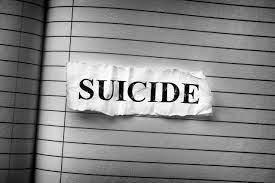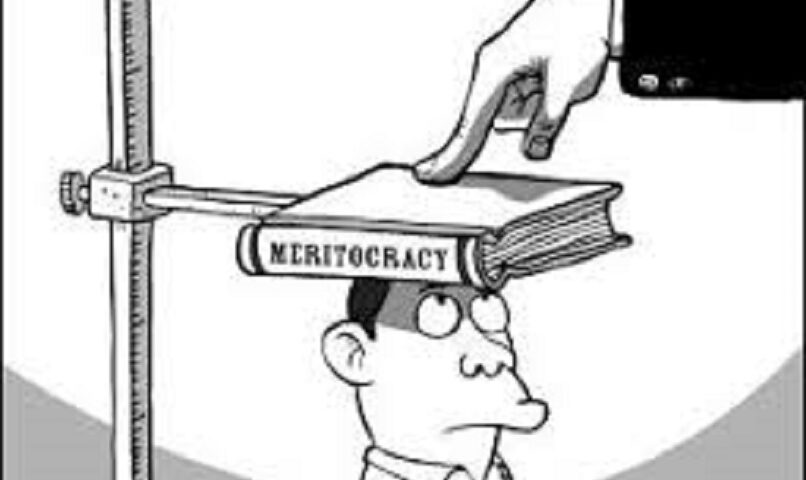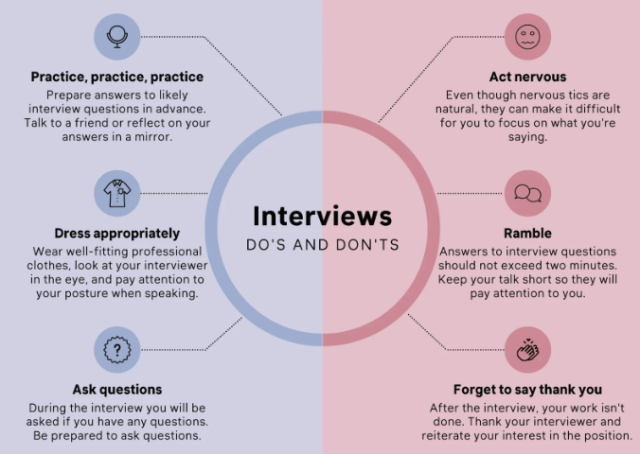Supreme Court Bans Marks-Based Segregation, Orders Nationwide Student Mental Health Reforms
By: Javid Amin | Srinagar | 25 July 2025
Student Suicide a “Systemic Failure,” Rules Supreme Court in Landmark Decision
In a landmark judgment with far-reaching consequences, the Supreme Court of India has declared student suicides a “systemic failure”, calling for urgent psychological safeguards and educational reforms across the country. The Court issued a set of binding national guidelines on Friday, designed to be implemented in all educational institutions, including schools, universities, hostels, and private coaching centres.
The ruling was delivered by a bench of Justices Vikram Nath and Sandeep Mehta, drawing power from Articles 32 and 141 of the Constitution. Until formal legislation is passed, these guidelines are to be treated as law of the land.
Tragic Trigger: NEET Aspirant’s Death Prompts National Reckoning
The case stems from the suicide of a 17-year-old NEET aspirant, identified as Ms X, who died in July 2023 while preparing for medical entrance exams at Aakash Byju’s Institute in Visakhapatnam. Her father challenged the Andhra Pradesh High Court’s dismissal of the case, leading the Supreme Court to transfer the investigation to the CBI.
The Court observed that her death was not an isolated tragedy but part of a larger pattern of institutional neglect and systemic pressure plaguing India’s educational environment.
“This is a structural malaise. We can no longer afford to treat student suicides as isolated incidents,” the bench remarked.
Alarming Statistics: A National Mental Health Emergency
According to NCRB (National Crime Records Bureau) data, India recorded 1,70,924 suicides in 2022, of which 13,044 were students — approximately 7.6% of all cases. Among them, over 2,200 suicides were directly linked to exam failures.
These chilling figures prompted the Court to state that the mental health crisis among youth is no longer a silent epidemic — it’s a public health emergency requiring coordinated, systemic intervention.
Key Guidelines Issued by Supreme Court: Reforming Indian Education for Mental Safety
The Court’s directions are rooted in government mental health frameworks such as UMMEED, MANODARPAN, and the National Suicide Prevention Strategy, but elevate them to national mandates. Here are the highlights:
1️⃣ Mandatory Mental Health Professionals in All Institutions
-
-
Institutions with over 100 students must employ at least one qualified mental health professional — such as a psychologist, school counsellor, or clinical social worker.
-
Smaller institutions must formally partner with external mental health experts to ensure timely referral and intervention.
-
2️⃣ Visible Helplines & Emergency Access
-
-
National suicide helpline numbers like Tele-MANAS (14416) must be prominently displayed in classrooms, hostel common areas, washrooms, and institutional websites.
-
Staff must be trained to direct students in crisis toward these resources without judgment or delay.
-
3️⃣ Ban on Performance-Based Segregation
-
-
Schools, coaching centres, and training academies must end the practice of segregating students into batches based on marks or ranks.
-
Public shaming, forced repetition of classes, and targeting of “underperformers” must be eliminated immediately.
-
“Segregation based on performance creates a toxic and unequal environment that pushes students toward self-harm,” the Court stated.
4️⃣ Staff Training in Mental Health First Aid
-
-
All teaching and non-teaching staff must receive twice-yearly training in:
-
Recognizing early warning signs of distress
-
Providing psychological first aid
-
Appropriate referral systems
-
-
Special modules are required for working with marginalized groups, including SC, ST, OBC, EWS, LGBTQ+ students, and children with disabilities or trauma backgrounds.
-
5️⃣ Safer Infrastructure in Hostels & Coaching Facilities
-
-
Residential campuses must install tamper-proof ceiling fans, restrict rooftop and balcony access, and provide well-lit, monitored common areas to deter impulsive acts of self-harm.
-
6️⃣ Confidential Grievance Redressal Systems
-
-
Institutions must maintain systems for reporting:
-
Ragging and bullying
-
Sexual harassment
-
Caste, religion, gender, or orientation-based discrimination
-
-
Immediate psychosocial support and legal aid mechanisms must be activated in such cases.
-
7️⃣ Promotion of Holistic Education and Interest-Based Learning
-
-
Institutions must reduce academic stress by:
-
Broadening definitions of success
-
Encouraging extracurriculars, sports, and the arts
-
Providing interest-based career counselling for both students and parents
-
-
Legal Mandate: Binding Nationwide Until Parliament Acts
The Court emphasized that these guidelines are legally binding across India and will remain in force until Parliament or state legislatures pass comprehensive educational reforms.
“These directions are necessary to bridge the legislative vacuum and respond to an urgent national crisis,” the bench noted.
Orders to Government Authorities
For States and Union Territories:
-
Must formulate regulatory rules within two months for the functioning of private coaching centres, focusing on student welfare and safety.
For Central Government:
-
Must file a compliance affidavit within 90 days detailing:
-
Steps taken to implement the Court’s directives
-
Progress made by the National Task Force on Student Mental Health
-
Mechanisms for coordination with State Education Departments
-
Special Focus on High-Risk Academic Zones
The Court identified cities with high concentrations of competitive coaching centres as priority intervention zones, including:
-
Kota, Jaipur, and Sikar (Rajasthan)
-
Chennai and Hyderabad (South India)
-
Mumbai and Delhi (Metro hubs)
These regions have seen repeated reports of student burnout, suicides, and psychological trauma, prompting the Court to urge state-level task forces and mental health audits.
Public Reaction: Applause, Caution, and Urgency
Parents and Mental Health Advocates
Many parents and educators welcomed the ruling as long overdue. Mental health professionals believe the guidelines could be transformational, provided there is actual enforcement.
Coaching Institutes & Schools
Some coaching institutes have expressed concerns over feasibility, especially in smaller centres with limited budgets. However, the Court has made it clear that student safety cannot be compromised for commercial interests.
The Road Ahead: From Compliance to Culture Shift
While the Supreme Court’s intervention is both historic and humane, experts warn that implementation will require more than administrative compliance. It demands a cultural shift in how India views education, success, and failure.
“We must move from pressure to purpose. From rank to resilience,” said a senior clinical psychologist from AIIMS.




